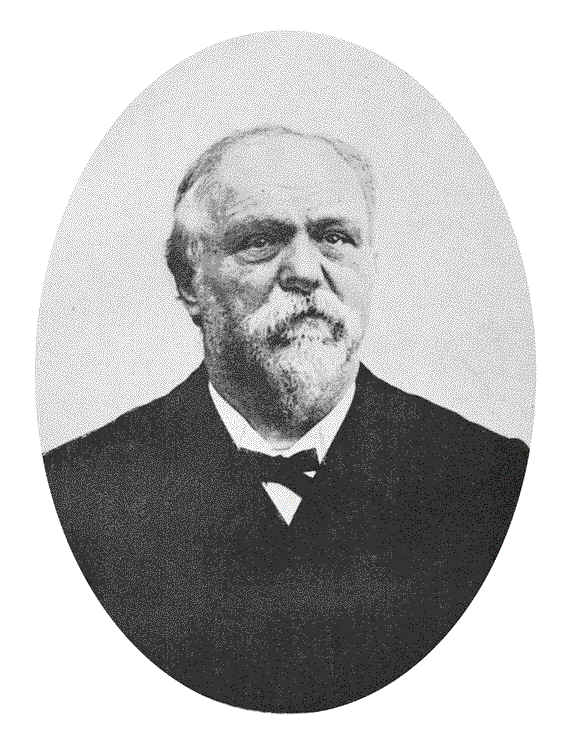As quoted in The Myth of the Nation and the Vision of Revolution: The Origins of Ideological Polarization in the 20th Century, Jacob L. Talmon, University of California Press (1981) p. 451. Sorel’s March 1921 conversations with Jean Variot, published in Variot’s Propos de Georges Sorel, (1935) Paris, pp. 53-57, 66-86 passim
Georges Sorel: Frases em inglês
“For Lenin,” Soviet Russia, Official Organ of The Russian Soviet Government Bureau, Vol. II, New York: NY, January-June 1920 (April 10, 1920), p. 356
As quoted in The Genesis of Georges Sorel, James H. Meisel, Ann Arbor, Wahr (1951), p. 220, n.21
“For Lenin,” Soviet Russia, Official Organ of The Russian Soviet Government Bureau, Vol. II, New York: NY, January-June 1920 (April 10, 1920), p. 356
Fonte: Reflections on Violence (1908), p. 28-29 (Letter to Daniel Halevy)
“It seems that it was the Jews who had entered the has not been a happy one.”
Fonte: Reflections on Violence (1908), p. 290
Reflections on Violence, London: UK, George Allen & Unwin, (reprinted in Saxony 1925) p. 180
“All the future of socialism resides in the autonomous development of workers’ syndicates.”
As quoted in Essays in Political Philosophy, Vidya Dhar Mahajan, Doaba House, Lahore, 1943 p. 41
Fonte: Reflections on Violence (1908), p. 290
Contexto: This hypothesis appears to me to be all the more reasonable given that the intervention of the Jews in the Hungarian Soviet Republic has not been a happy one.
